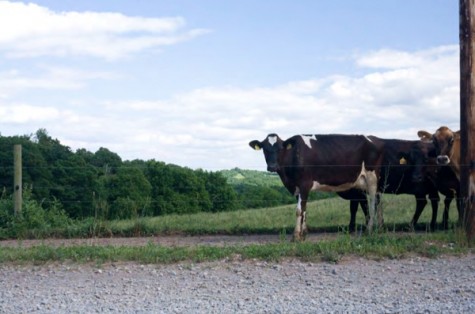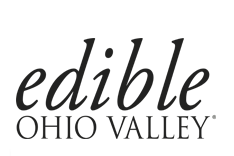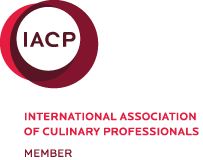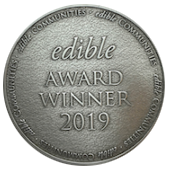Rob and I aren’t vegetarians. Our dinner table includes meat two or three days a week. Honestly, if I were to specify my last meal, it would be a tossup between Rob’s epic cheeseburger or a really good grilled steak over arugula tossed with fresh lemon juice and olive oil.
I understand the points of view of those who forego meat, for ethical, environmental or wellness reasons. It’s just not the right decision for me.
But because I am concerned about those same ethical, environmental and wellness aspects of eating meat, I am very careful about where I buy it. We purchase free-range chicken and grass-fed beef from Findlay Market vendors who source locally/regionally and do the most of the processing themselves. We buy seafood from Keegan’s, which has a great reputation for quality product. Eggs come from uncaged hens and milk from pastured cows. And after recently reading The Omnivore’s Dilemma, in which Michael Pollan extols the virtues of a healthy, holistic and natural way of raising animals for food (and offers a shivering look into the animal industrial complex), I’ve redoubled my commitment to avoiding grocery-store and fast-food meat. (OK, I’ll cave on the very occasional road-trip McDonald’s breakfast sandwich.)
The talented food writer Tom Philpott penned a great column for Grist (The Vegan/Omnivore Alliance Against Animal Factories) that points to the huge common ground that what we’ll call selectivores and omnivores share: Factory farms produce 99 percent of all meat Americans consume. Industrial animalculture (like its cousin, industrial agriculture) is, as Pollan writes, a horror of inhumanity, ecological disaster and resource consumption. Philpott writes:
vegans and omnivores agree on 99 percent of the meat issue. So let’s put aside the other 1 percent — for now — roll our sleeves up, and clasp hands.
To which I’d add: Let’s all just think about this issue, pay attention to it as we’re shopping and cooking. I realize that not everyone has easy access to meat that’s raised and processed in the ideal fashion. Farmers’ market meat is expensive. That McDonald’s breakfast sandwich does have some appeal.
I’m not here to mediate a debate between those who do and don’t eat meat. But I’ll leave you with this: If we’re thoughtful and mindful about our food choices, we’ll seek out what’s best for us, for the animals and for the planet.
What do you think? Feel free to leave a comment below.






Hey Bryn, I also found that being a vegetarian wasn’t for me, but I do try to limit my meat intake. I’m an acupuncturist and Chinese medicine definitely does not counsel people to leave meat behind completely, but I think it’s important for people who eat meat to have an awareness about it. Have you read the China Study by T Colin Campbell? (His studies were done in China, but they don’t have anything to do with Chinese medicine) I don’t usually post links to my blog when I comment, but I wrote about the China Study and you might be interested: http://integratinghealth.net/2011/12/19/for-your-bookshelf-the-china-study/
Thanks for your post!
“If we’re thoughtful and mindful about our food choices, we’ll seek out what’s best for us, for the animals and for the planet.”
– Humans eating meat is rarely, if ever, best for animals –
Thank you for this well-written and important message, Bryn. It’s time to stop trying to shame people into veganism and focus on ending the inhumane treatment of animals, even those destined for consumption. I think the vast majority of humans are kind, but believe that factory farms are “just the way it is.” They close their eyes and minds to the suffering of feedlot cattle and battery caged hens because they think that ethical eating is too difficult and expensive. But, humans love animals (and not just for dinner). How many people REALLY are unmoved by cruelty toward animals? How many people TRULY think that it’s okay to torture an animal to save money? Even poor families have and love their pets, often sacrificing to give them the care that they need. We shouldn’t have to choose between our humanity and our diet. If we stopped subsidizing cruelty through tax shelters and other forms of government largesse for factory farms, we would take a first step toward ending that sad choice. If we who can afford to buy humanely raised meat would make the effort to do so, we take another step forward. Again, humans love animals. We just have to remember to think about them as living things, not products. You can’t shout someone into being thoughtful, you can only move them to think. That’s why we need articles like this one. Thank you, again.